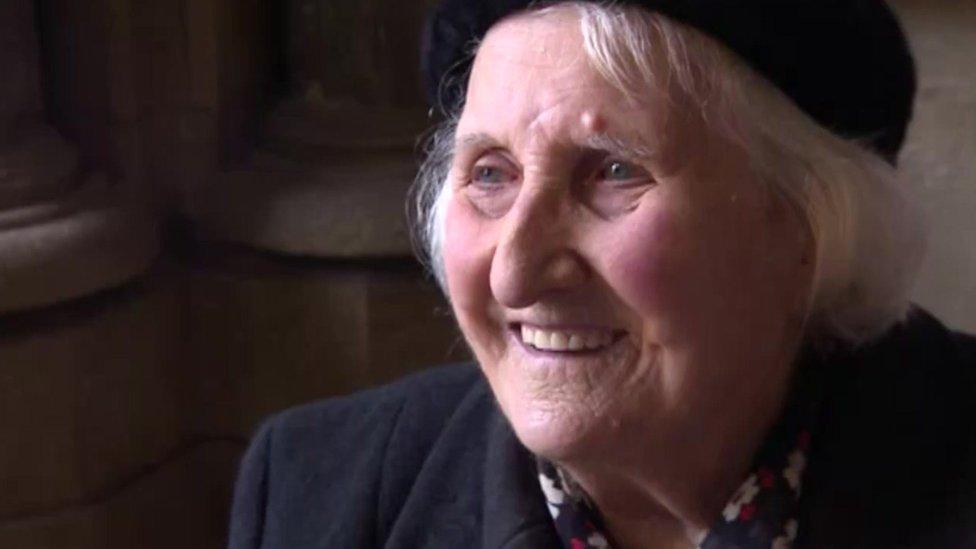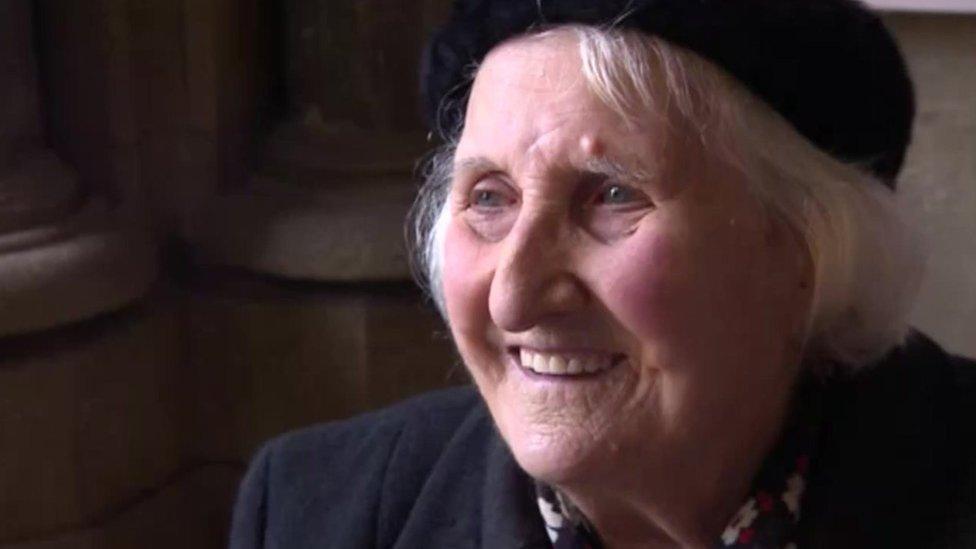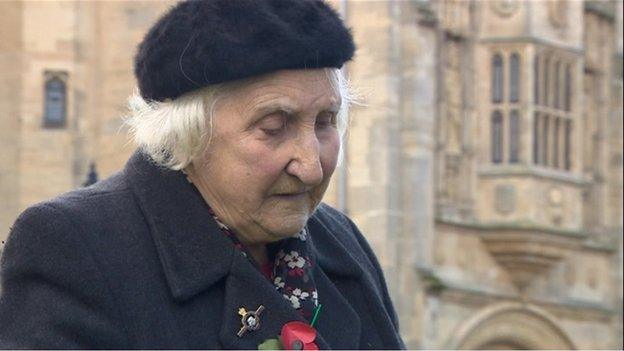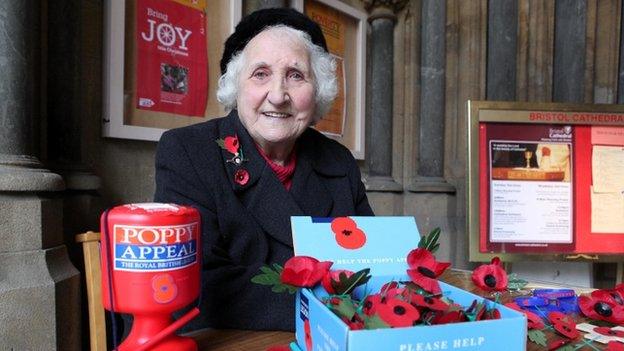'Aggressive' charity fundraisers face fines
- Published

Charities with "extremely aggressive" fundraising practices could be fined up to £25,000 if they do not crack down on nuisance calls, emails and letters.
Fundraising Regulator chairman Lord Grade said "such terrible practices" could not be tolerated.
He said trust in the UK charity sector had been "sorely tested" in recent years and must be restored.
Organisations must comply with new data protection legislation and provide marketing opt-outs from Thursday.
Lord Grade, a former BBC and ITV executive, said stories of aggressive fundraising and its consequences shocked Britain after the suicide of poppy seller Olive Cooke.
'Not an isolated case'
In 2015, the 92-year-old took her own life after receiving 466 mailings from 99 charities in a single year.
The Bristol resident had 27 standing orders to different charities at one stage.
Her family insisted the charities, while "intrusive", did not cause her to take her own life and she had suffered from depression - previously attempting suicide in 2009.
A friend, though, said that while the "pestering" was not entirely to blame for her death, she had been put "under pressure" by persistent charity fundraisers.
Speaking on the BBC's Today programme, Lord Grade said: "Sadly this wasn't an isolated case, and as a result of that high-profile tragedy it was clear that there was bad practice across many charities."

Olive Cooke had been selling poppies for the Royal British Legions for 76 years, before she committed suicide in May 2015
The Fundraising Standards Board found that 70% of the charities who contacted Mrs Cooke had acquired her details from third parties.
The new data protection legislation should prevent fundraising companies from sharing personal data or potential donation targets.
Fundraisers must also clearly provide an opt-out for marketing on all communications (texts, letters and phone calls) to potential contributors.
The Fundraising Preference Service (FPS) was set up after a cross-party review into the self-regulation of charity fundraising. The review was called by David Cameron after Mrs Cooke's case.
Announcing the new body, Lord Grade said: "You go online through our website, external or through a charity's website and you can send a message that you do not want to hear from any charities, or you only want to hear from charities you select."
He added that people with no access to a computer could opt out by phone.
The Fundraising Regulator would then notify the charity and give them 28 days to stop communications.
If charities do not adhere to the request, they will be referred to the Information Commissioner's Office and could be prosecuted under the Data Protection Act 1998.
Lord Grade added: "Many [charities] have embraced the new world, but charities have to understand that the fabulous generosity in the wallets of the British public cannot be taken for granted."

Do you have experience of receiving repeated communication from a charity or are you a charity fundraiser? Let us know by emailing haveyoursay@bbc.co.uk, external
You can also contact us in the following ways:
Tweet: @BBC_HaveYourSay, external
WhatsApp: +447555 173285
Text an SMS or MMS to 61124 (UK) or +44 7624 800 100 (international)
Please read our terms & conditions
- Published20 January 2016

- Published8 September 2015

- Published7 July 2015

- Published16 July 2015

- Published15 May 2015

- Published18 May 2015
